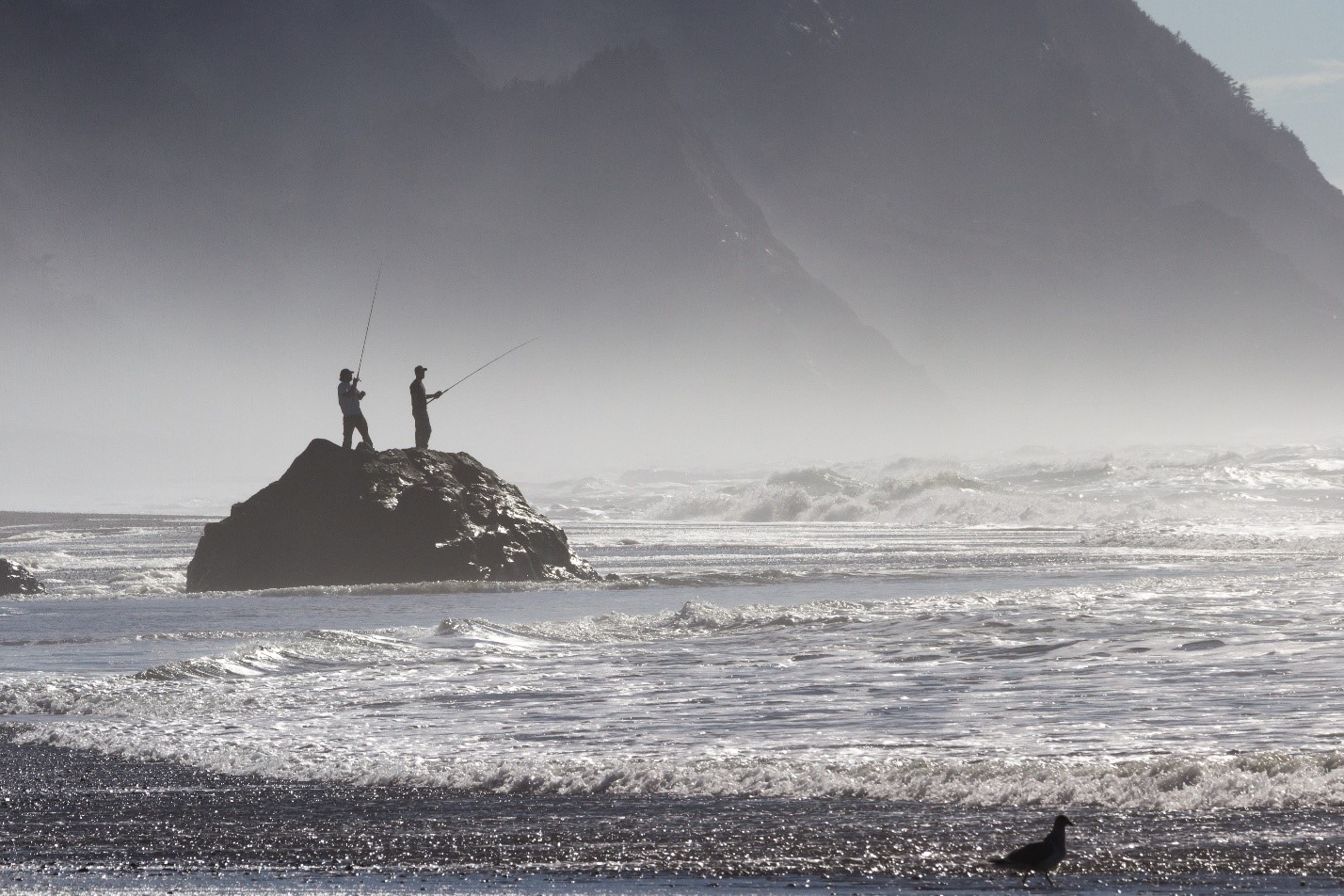In an age dominated by instant gratification, the art of fishing and crabbing stands as a timeless reminder of the virtues of patience and persistence. For generations, these outdoor activities have not only provided sustenance but also fostered personal growth, teaching valuable lessons about waiting, resilience, and embracing uncertainty. Jennifer Yruegas emphasizes that while at first glance, fishing and crabbing may seem like hobbies of leisure, they are deeply enriching practices that encourage self-reflection and build confidence.
A Lesson in Patience
Fishing and crabbing require an unparalleled level of patience. For anyone who has spent hours sitting by the water’s edge, rod in hand or trap set, the waiting game is a rite of passage. The act of fishing and crabbing does not guarantee immediate rewards. In fact, it often delivers long stretches of stillness where the angler or crabber must remain focused and hopeful.
This extended waiting period teaches the importance of delayed gratification. Whether you’re casting a line or setting traps, you quickly learn that good things come to those who wait. The process builds mental endurance, helping participants develop a tolerance for ambiguity and the unpredictable nature of life. The uncertainty—will the fish bite, or will the trap yield crabs?—mirrors real-world scenarios where outcomes are not immediate or guaranteed.
Persistence in Action
While patience involves waiting, persistence involves the refusal to give up despite setbacks. Anyone who has spent a day fishing or crabbing knows that failure is part of the experience. Lines may get tangled, traps may come up empty, and the “one that got away” may haunt you for days.
The key lesson here is resilience. Fishing and crabbing teach individuals to adapt to changing conditions, from shifting tides to uncooperative weather. Success often comes from tweaking strategies—changing bait, relocating traps, or trying a different fishing spot. This flexibility and determination translate into everyday life, encouraging a growth mindset and the belief that persistence can lead to success, even in the face of challenges.
Building Confidence Through Mastery
There’s a profound sense of accomplishment that comes from finally reeling in a fish or pulling up a crab-filled trap after hours of effort. These moments of triumph build confidence, not just in one’s ability to succeed but also in the power of perseverance. Each successful catch reinforces the idea that effort pays off, instilling a belief in one’s own capabilities.
Moreover, the skills acquired during fishing and crabbing—knot tying, casting, trap setting, understanding water currents, and even reading the weather—enhance self-reliance. Mastery of these techniques fosters a sense of independence, particularly for beginners who may initially feel intimidated by the process.
The Meditative Power of Nature
Beyond the practical skills and life lessons, fishing and crabbing offer a unique opportunity to connect with nature. Spending hours near water, surrounded by serene landscapes, has a calming effect that helps clear the mind and reduce stress. This natural setting provides a backdrop for introspection, allowing individuals to reflect on their goals and challenges.
Research has shown that time spent in nature can improve mental health, boost mood, and enhance overall well-being. When paired with the meditative act of fishing or crabbing, the experience becomes a powerful way to recharge and find clarity in an otherwise chaotic world.
Teaching Valuable Lessons to the Next Generation
Fishing and crabbing are not just personal pursuits; they are also activities that can bring families and communities together. Teaching these skills to children, for example, provides an opportunity to instill patience and persistence in a hands-on, engaging way. Kids quickly learn that catching a fish or crab requires effort, preparation, and the ability to handle disappointment gracefully.
These activities also promote a deeper understanding of the environment and the importance of conservation. By participating in sustainable fishing and crabbing practices, individuals develop respect for the ecosystem and learn to value the resources that nature provides.
Translating Lessons into Everyday Life
The lessons learned through fishing and crabbing extend far beyond the water. In personal relationships, the patience required to catch a fish mirrors the patience needed to nurture meaningful connections. The persistence to pull up a full trap of crabs reflects the determination needed to achieve career goals or overcome personal hurdles.
In a professional setting, the adaptability and problem-solving skills honed while fishing—such as responding to changing conditions or re-strategizing after a failed attempt—can be applied to projects and challenges in the workplace.
Even in moments of failure, fishing and crabbing teach that success is often just one more cast or trap away, a metaphor that resonates deeply in various aspects of life.
Fishing and crabbing are more than just outdoor activities; they are immersive experiences that teach patience, persistence, and self-confidence. Whether you’re reeling in a trophy fish or savoring the reward of a fresh catch, the journey itself is filled with life lessons that stay with you long after you leave the water. So, the next time you find yourself waiting by the water’s edge, remember that each moment spent fishing or crabbing is an investment in personal growth. You’re not just catching fish or crabs—you’re reeling in confidence, resilience, and the enduring belief that patience and persistence will always lead to success.
